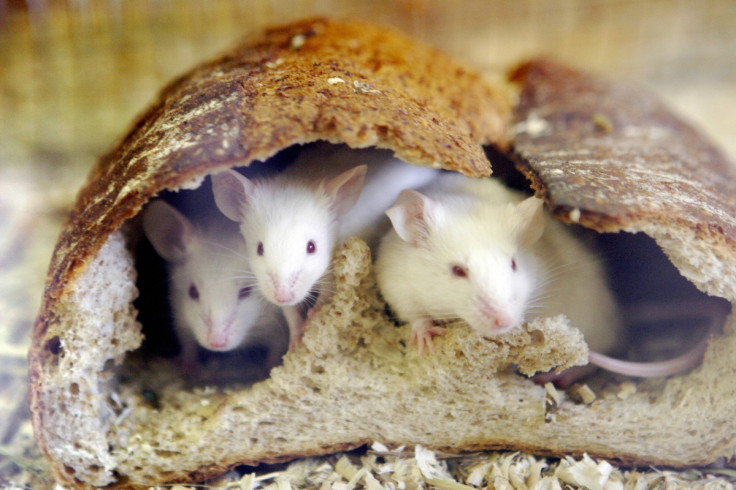Mice can smell fear: Scent of predator's urine sends them running

The part of the brain responsible for reacting to the 'smell of fear' has been located. The amygdalo-piriform transition area encourages stress and panic in mice when they sniff out danger.
Research published in Nature specifically focuses on mice reactions to the scent of predator's urine. Whilst mice and humans are very different, the results will help researchers to understand how fear and stress is activated in humans.
The study examined the amount of stress hormones in mice when they could smell either bobcat urine – a predator – or water. They used a variety of mice for each side of the investigation; some of which had been bred in captivity and had never smelled bobcat urine before.
Mice that could smell bobcat urine became stressed and panicked – even those that had never smelled it before. The researchers recorded higher levels of stress hormones and neuron activity in these mice.
In order to locate the exact source of this fear, each mouse was injected with a tiny, specially-engineered virus. This virus acts as a tracker, and could be followed by the researchers to find the nerve pathway taken by the reaction to scent. The scientists followed the virus in the mice straight to a tiny part of the brain; the amygdalo-piriform transition area. This section of the brain covers less than five per cent of the olfactory cortex, part of the brain that transmits smells to the brain.

The researchers say they were surprised by their results, having expected this response to come from a much larger portion of the brain. That said, they believe their findings are still equally as important for future studies.
"Understanding the neural circuitry underlying fear and stress of various sorts is very important," said researcher working on the study and Noble Laureate, Linda Buck. "Not just to understand the basic biology and functions of the brain, but also for potentially finding evolutionarily conserved neural circuits and genes that play an important role in humans."
Other studies have found similar reactions from animals when scared. One study found that fear is key to conservation, as prey tends to flee immediately when they hear the sounds of a predator. This lowers mortality right down the food chain.
© Copyright IBTimes 2025. All rights reserved.






















